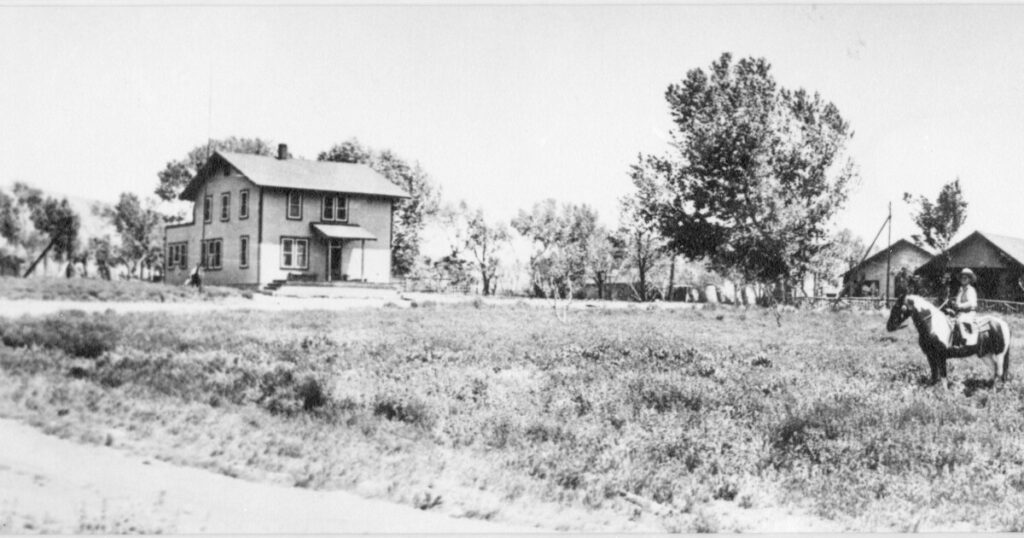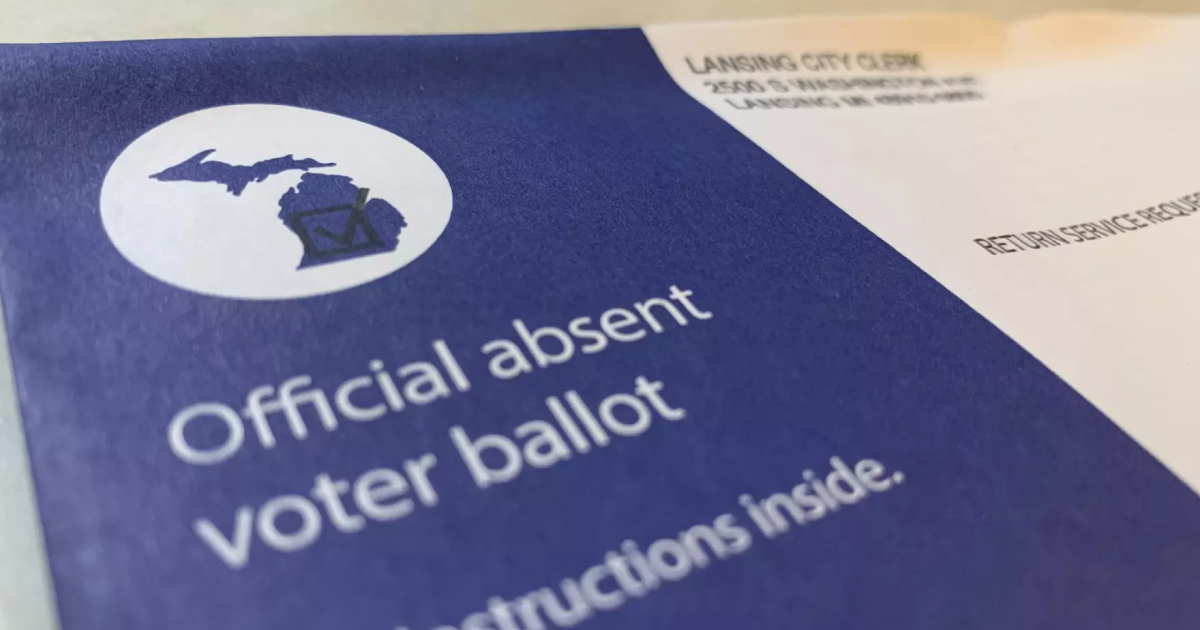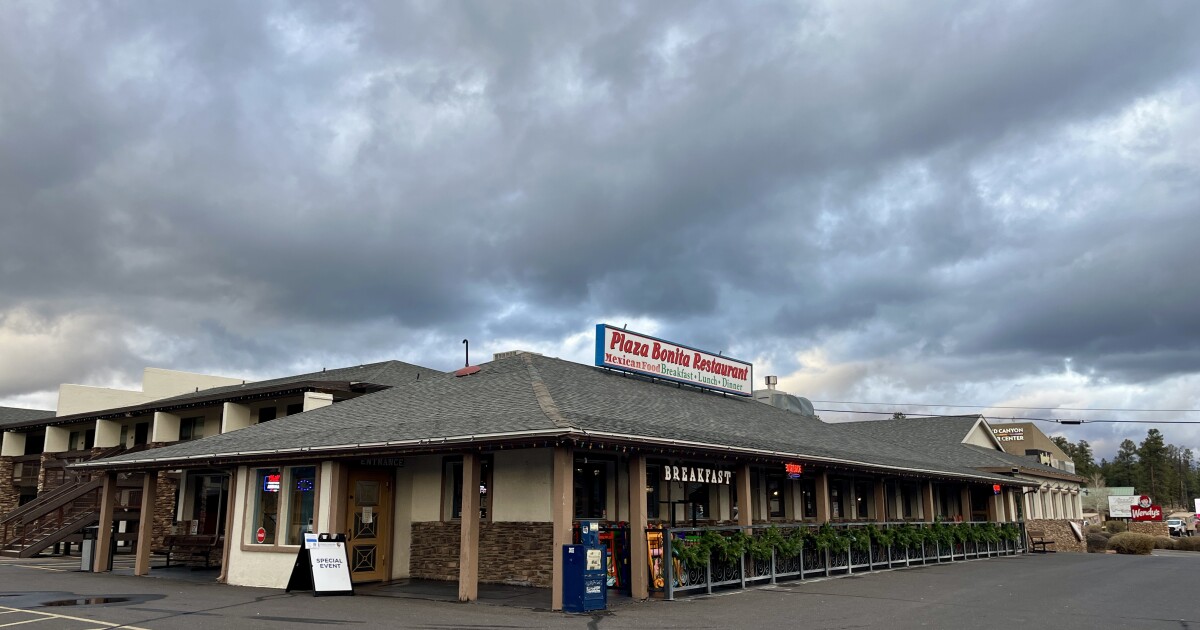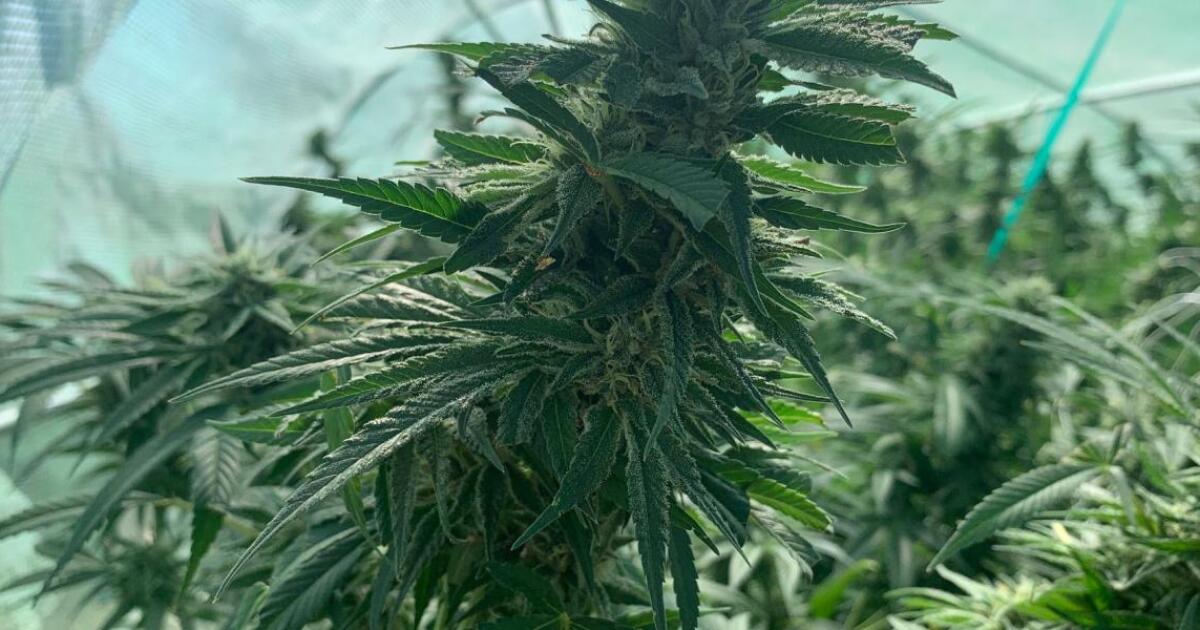A Slice of History: From Fred Harvey’s Dining Legacy to Arizona’s Future State Park
Nearly a century and a half ago, Fred Harvey revolutionized dining on the American railways, establishing the iconic “Harvey Houses” known for their quality food and service. Yet, the source of the ingredients that fueled these establishments is a story rooted in the heart of Arizona.
Chino Valley, a region once bustling with agricultural activity, played a crucial role in supplying Harvey’s eateries. Starting in 1913, a farm located near Del Rio Springs began providing essential produce and dairy to the Fred Harvey restaurants, particularly those in northern Arizona. The strategic location of the farm along the Peavine Railway, connecting Prescott and Chino Valley with the Santa Fe mainline at Ash Fork, facilitated this supply chain.
During its operational peak, the Chino Valley farm employed numerous workers who oversaw extensive dairy and poultry operations. The farm supplied milk, cream, and eggs to Harvey’s establishments, including those perched on the South Rim of the Grand Canyon. The farm was also a key supplier of grains and alfalfa, necessary for sustaining dairy cows and feeding Grand Canyon mules. Notably, the farm shipped thousands of turkeys for the holiday season in November and December, and many mules spent their winters on the farm.
The decline of the Harvey Houses began in the 1950s, leading to the eventual sale of the farm to private owners. The property changed hands multiple times until a recent development reconnected the land with its historic roots. Earlier this year, the Town of Chino Valley, with assistance from the Trust for Public Land, acquired 23 acres of the historic farm.
This land acquisition is part of a broader initiative to establish a state park that will preserve Del Rio Springs and the headwaters of the Verde River. This new park will serve as a testament to the region’s rich history in hospitality and agriculture.
This report was compiled by Peter Friederici and produced by KNAU and the Sustainable Communities Program at Northern Arizona University.
—
Read More Arizona News










